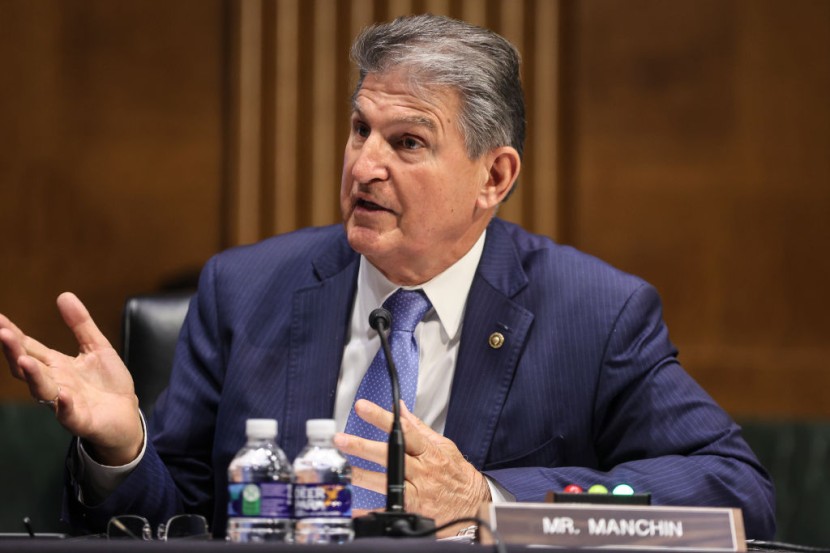
Two centrist senators who are key negotiators on capital funding have indicated progress but have confirmed that they do not support President Joe Biden's expansive $2.3 trillion plan.
In a recently published article on The Wall Street Journal, Sen. Joe Manchin (D., W.Va.) said on Sunday that the emphasis should be on traditional projects such as roads and bridges and that funding should be separated from broader elements in Biden's plan, such as $400 billion to better provide for the elderly and people with disabilities.
Centrist Senators Will Not Support Biden's Infrastructure Plan
Manchin also said, "I do think they should be separated. Because if you start putting so much into one bill, which we call an omnibus bill, it makes it very, very difficult for the public to understand."
Republican Sen. Shelley Moore Capito, also of West Virginia, said she received strong reviews from the White House after helping to draft a $568 billion infrastructure package that was billed as a starting point for bipartisan talks.
She told a news outlet, "This is an active conversation, and I think that it's a good beginning," but she did not give the details on how to fund the investments, but members of the Democratic commented and said that it is far too limited.
Joe Biden's $2 Trillion Infrastructure Bill Disguises Socialism
Two Parties Remain Divided on the Infrastructure Bill
Despite flashes of bipartisanship, the parties remain well apart on housing and other topics as Biden approaches his 100th day in office and continues to press his platform, which includes a new round of anti-poverty and education funding that he hopes to pay for through higher taxes on the rich.
According to a source familiar with the proposal, it would cost about $1.8 trillion, which may fuel Republican resentment of Democratic spending, according to a recently published article in The Washington Post.
Biden would ask Congress to support his building package on Wednesday, as well as the passage of measures to combat police brutality. He is also set to detail his next big-budget package, including more than $1 trillion in anti-poverty and infrastructure services paid for by increasing taxes on the rich, which has sparked early GOP criticism.
IRS Reveals How to Get the Largest Possible Tax Refund for 2020
Manchin, Closely Watched Member of the Senate
In a recently published article on CNBC News, Manchin is one of the Senate's most closely watched senators, including the chamber's 50-50 divide between Republicans and Democrats, with Vice President Kamala Harris casting the decisive vote in the event of a tie.
He has defied demands from his party to amend Senate filibuster laws, requiring a 60-vote threshold to pass new legislation. He is ambivalent regarding raising corporate taxes to fund infrastructure.
On Sunday, Manchin said, "I'm not a roadblock at all. The best politics is good government....I am not going to be part of blowing up this Senate of ours or, basically, this democracy of ours."
Sen. Chris Coons, a close ally of Biden, has also advocated for splitting up infrastructure bills. He believes Democrats should focus on points of consensus with Republicans before moving on to a second, bigger plan that Democrats move down party lines.








